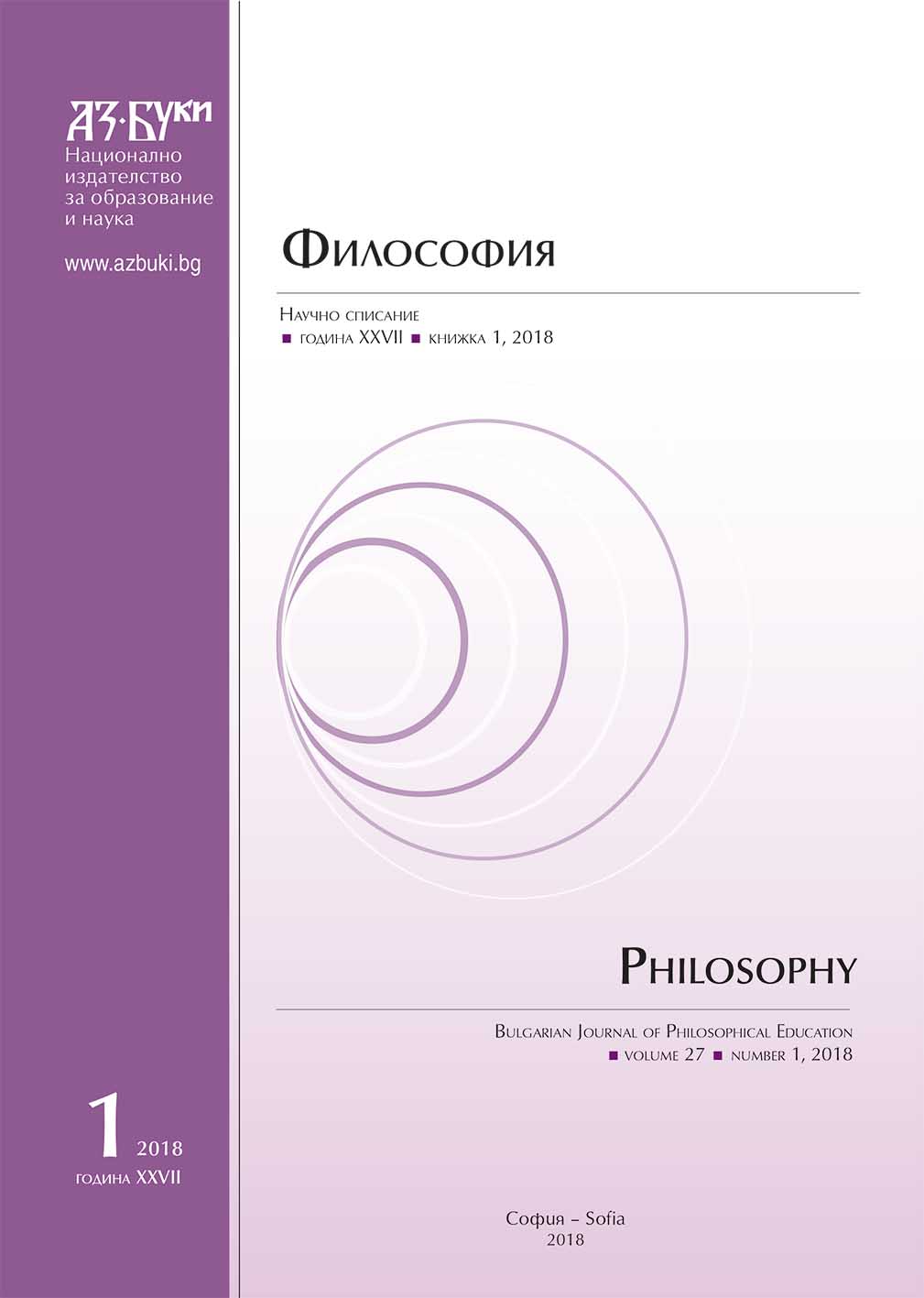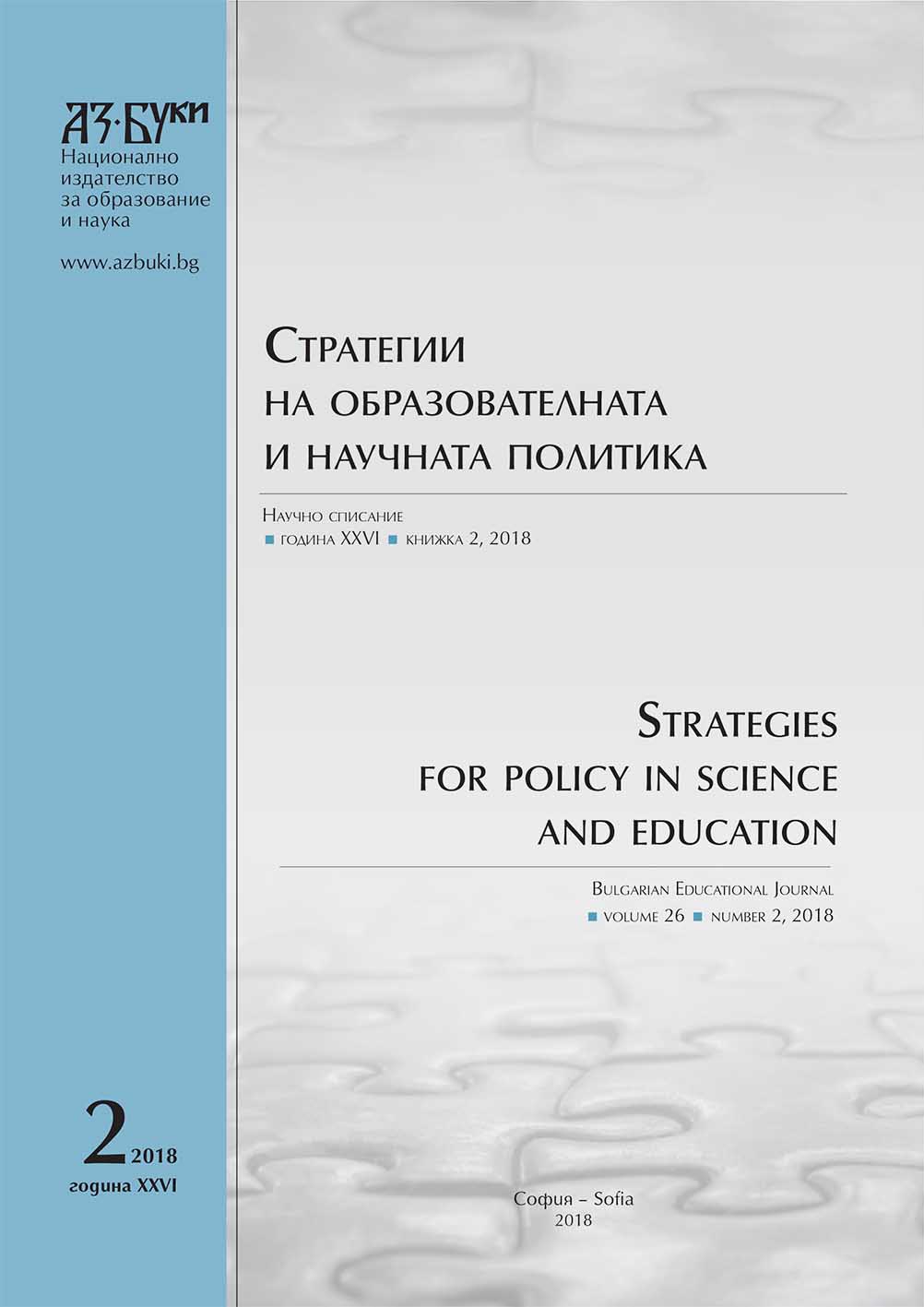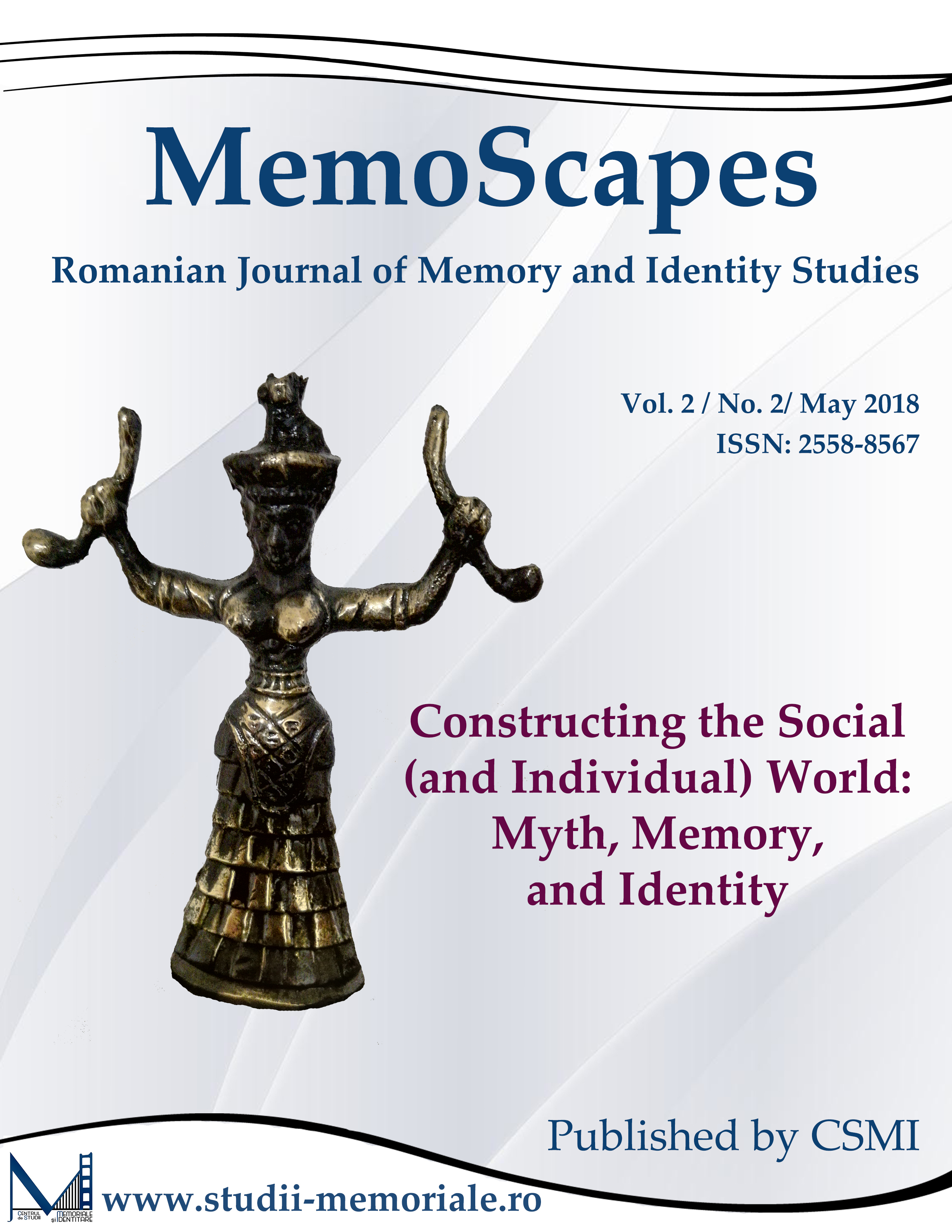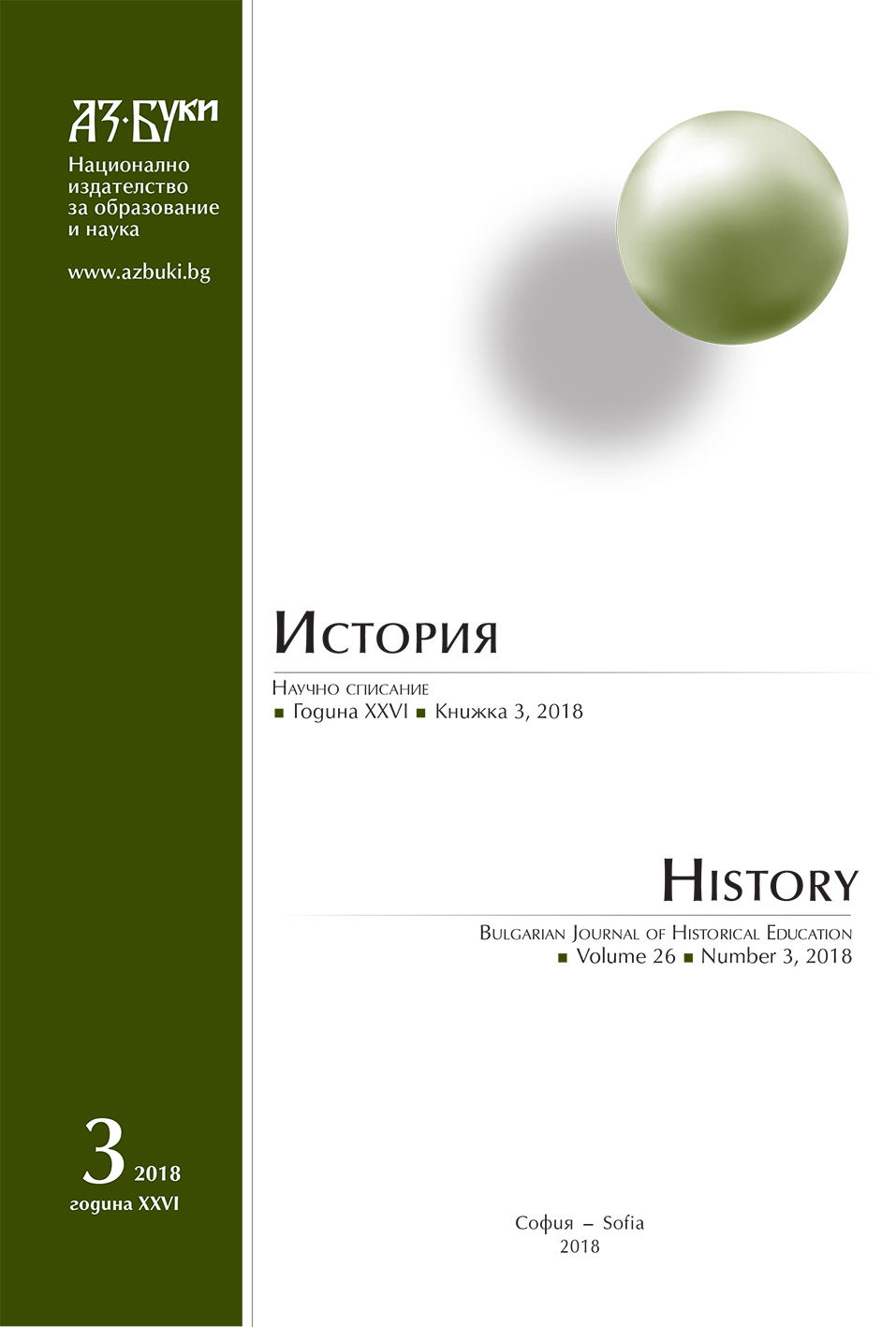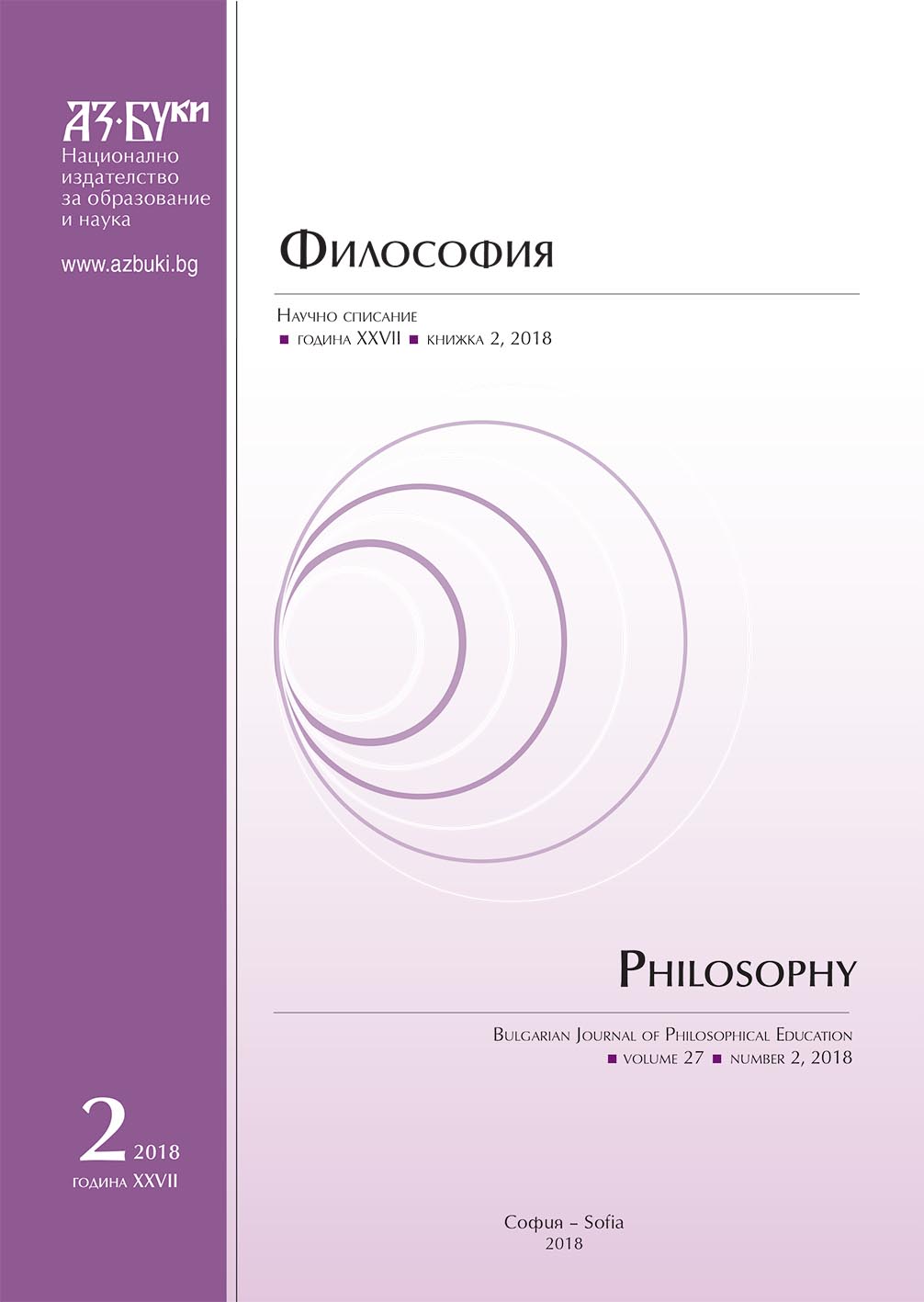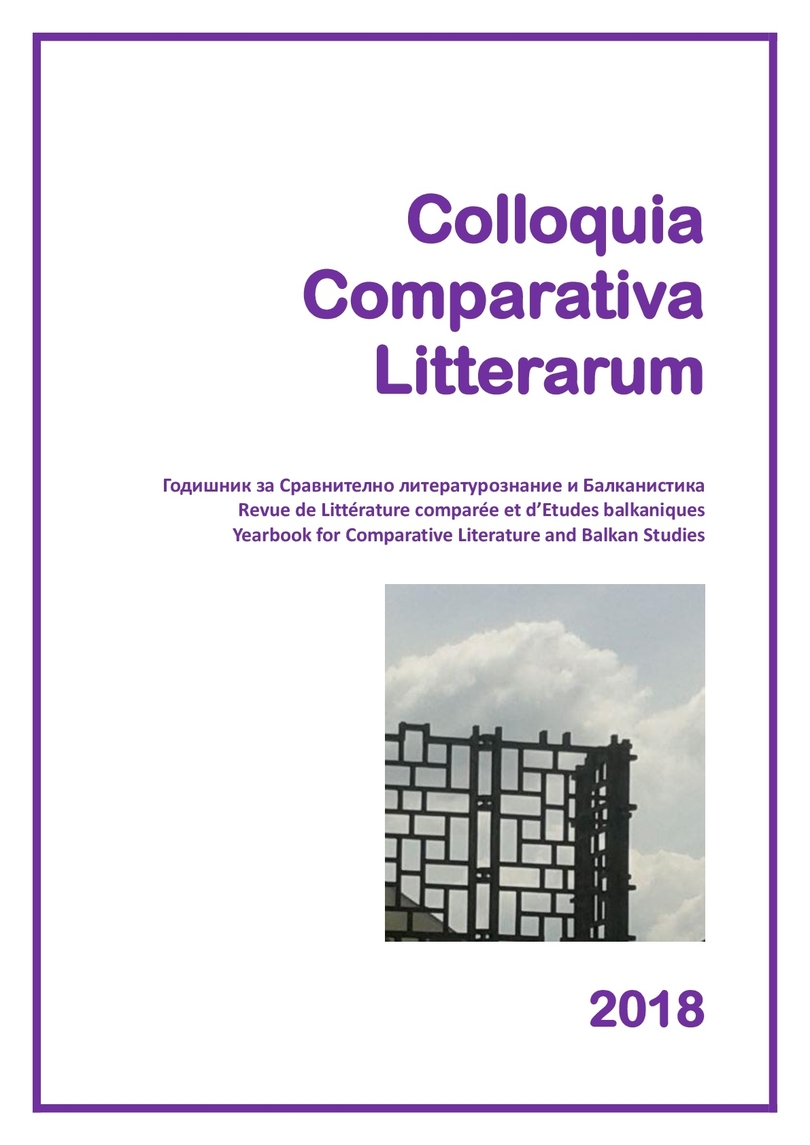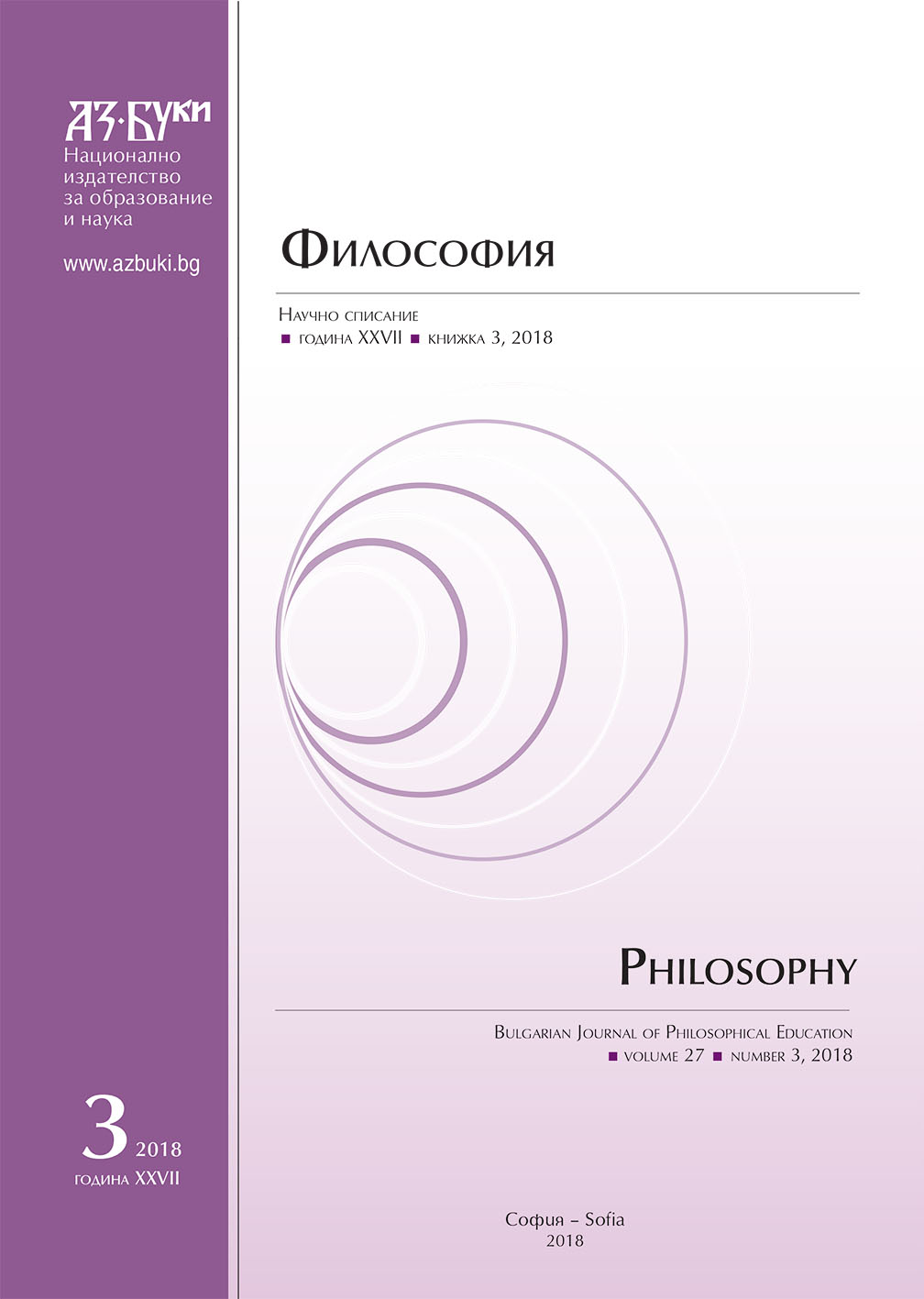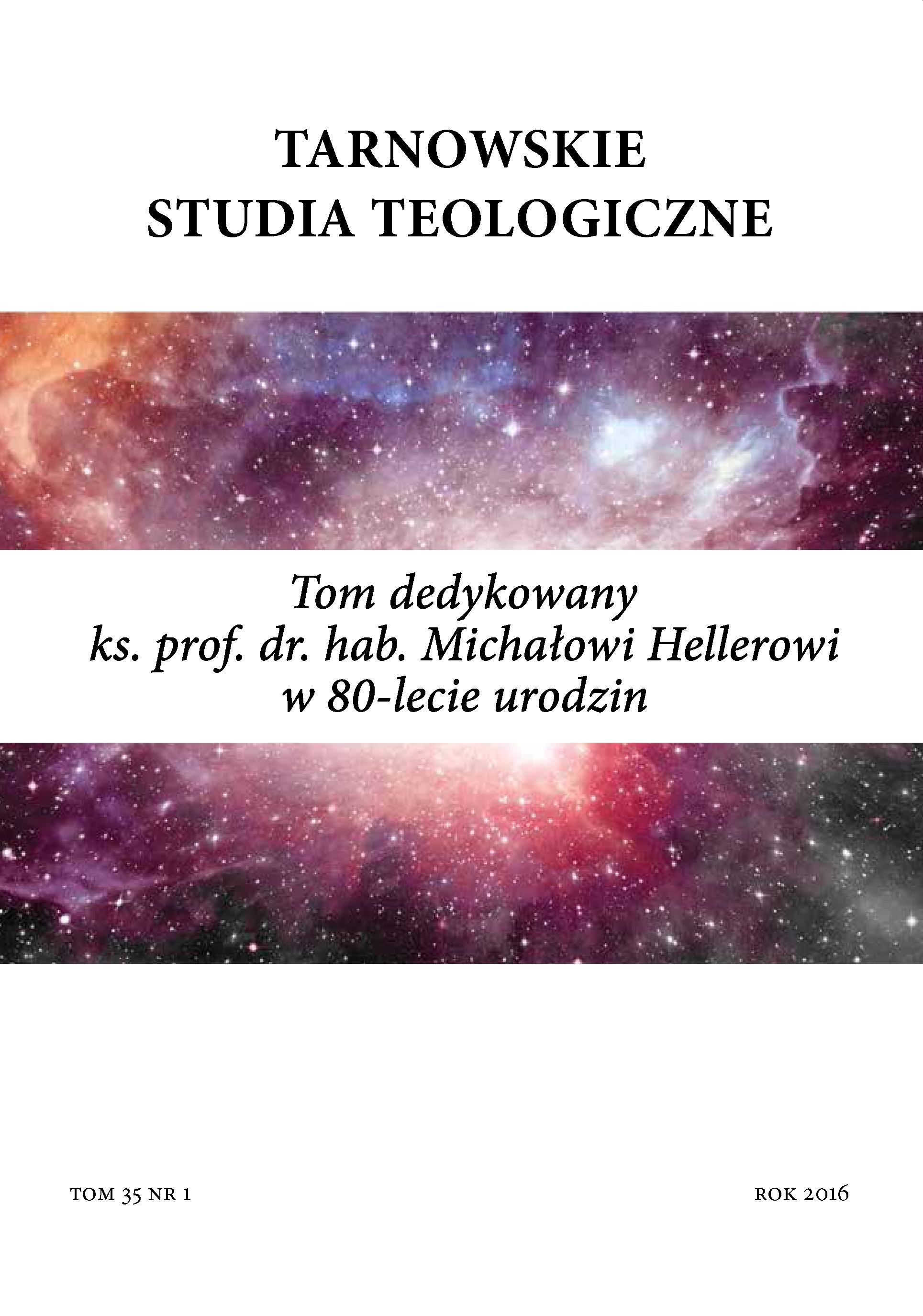
Postulat more geometrico w filozofii matematyki Charlesa S. Peirce’a
W tekście przedstawiona została ogólna charakterystyka filozofii matematyki Charlesa S. Peirce’a (1839–1914), ze szczególnym uwzględnieniem relacji między matematyką a metodeutyką (metodologią). Związek ten jest o tyle interesujący, że w świetle filozofii nauki Peirce’a metodeutyka jest nauką normatywną, jedną z gałęzi logiki (semiotyki), wskazującą reguły prowadzenia badań naukowych, którym matematyka winna czynić zadość. Z kolei, zważywszy na formalne rozwiązania proponowane przez Peirce’a, a obowiązujące w „królestwie nauk” – matematyka poprzedza metodeutykę, jest pierwszą wśród dyscyplin poznawczych. Na tle relacji, która łączy matematykę i metodeutykę, wyłania się interesująca reinterpretacja metodologicznego postulatu René Descartesa, głoszącego konieczność uprawiania filozofii metodami matematycznymi, pozwalającymi na osiągnięcie wiedzy ścisłej i pewnej, a wyrażonego krótko w słynnym more geometrico. Śledząc meandry matematyczno- metodeutycznego związku, można wyczytać, jak Peirce – zasadniczo krytyk kartezjanizmu – uwspółcześnił naukową wskazówkę Kartezjusza. The paper gives a general characteristic of the philosophy of mathematics of Charles S. Peirce (1839–1914), with particular attention to the relation between mathematics and methodeutic. This relationship is specially interesting in the light of Peirce’s philosophy of science, which says that methodeutic is a normative science, one of the branches of logic (semiotics) and it defines the rules of scientific research, that also mathematics should complies with. On the other hand, according to the formal construct proposed by Peirce and apply in the “realm of science” – mathematics (“the Queen of the Sciences”) is the first among all scientific disciplines therefore it precedes methodeutic. While studying the relationship between mathematics and methodeutic, emerges an interesting reinterpretation of a methodological postulate of Rene Descartes, who proclaiming the necessity of doing the philosophy according to the mathematical methods; the only ones, as Descartes was convinced, that make it possible to achieve a real (“clear and distinct”) knowledge. He expressed this principle briefly, in the famous: more geometrico. Following the twists and turns of mathematics – methodeutic compound we can easily find how Peirce – essentially a critic of Cartesianism – modernized the scientific (methodological) rule of Descartes.
More...
